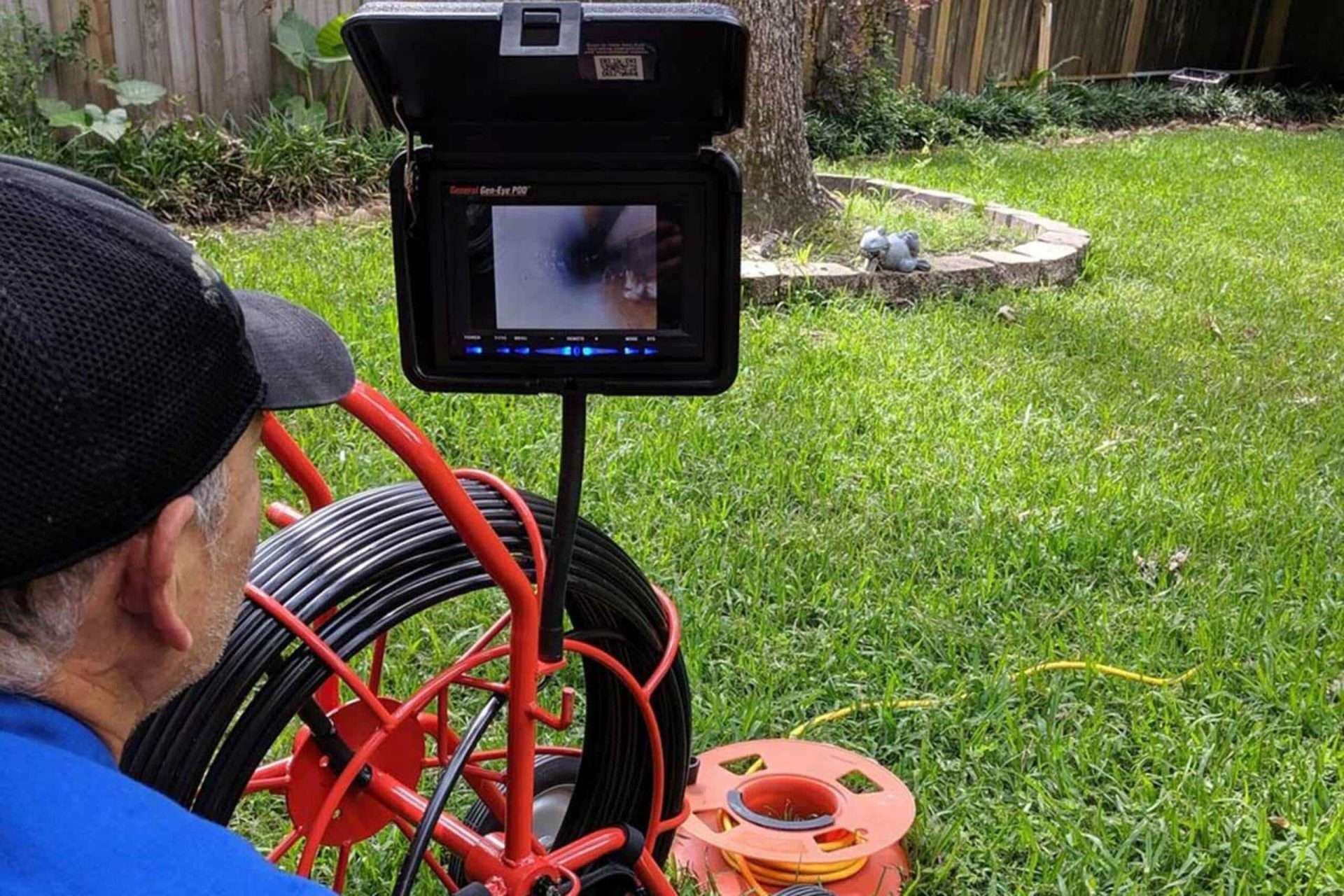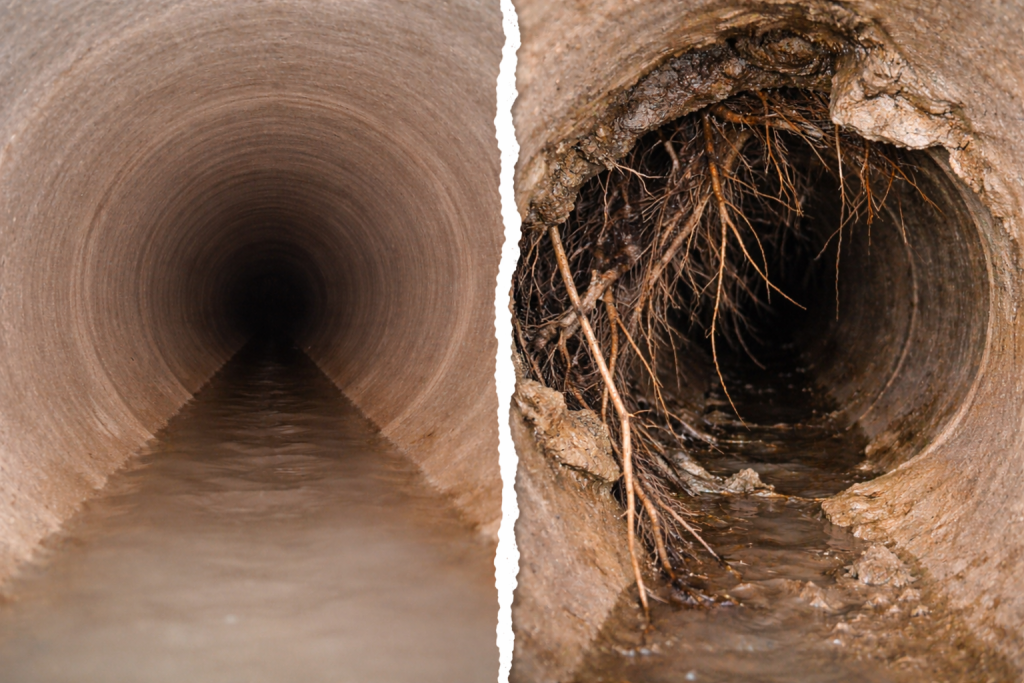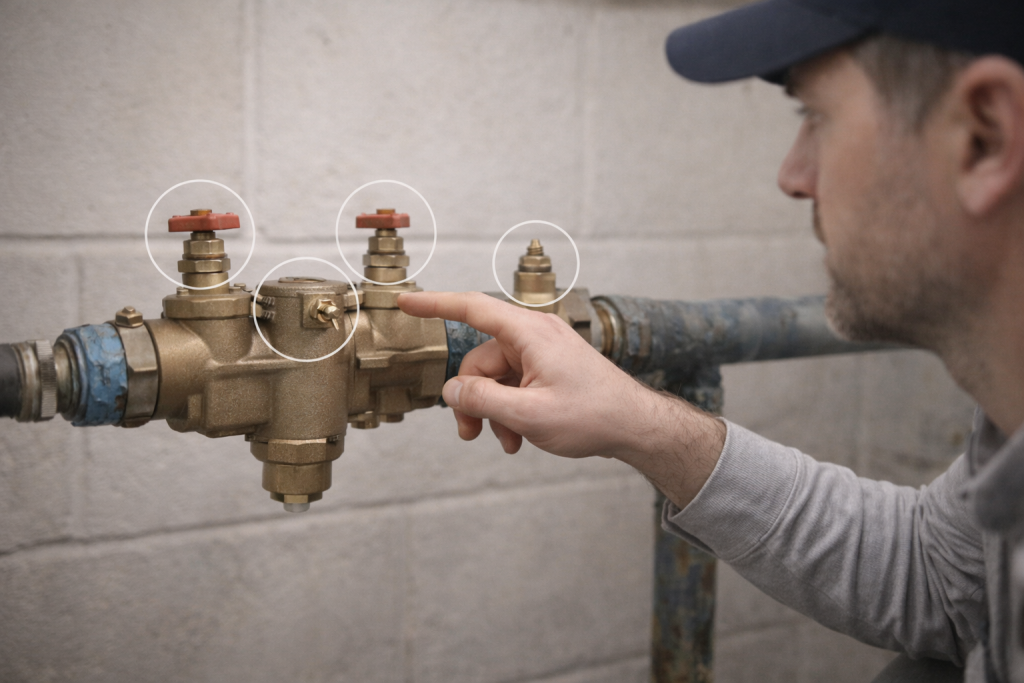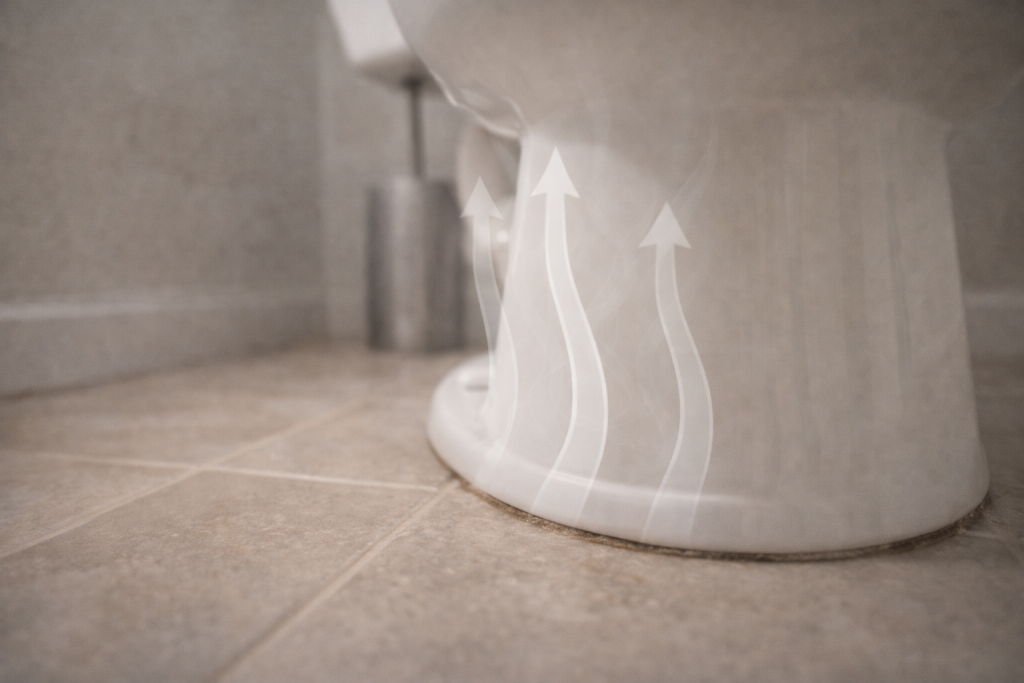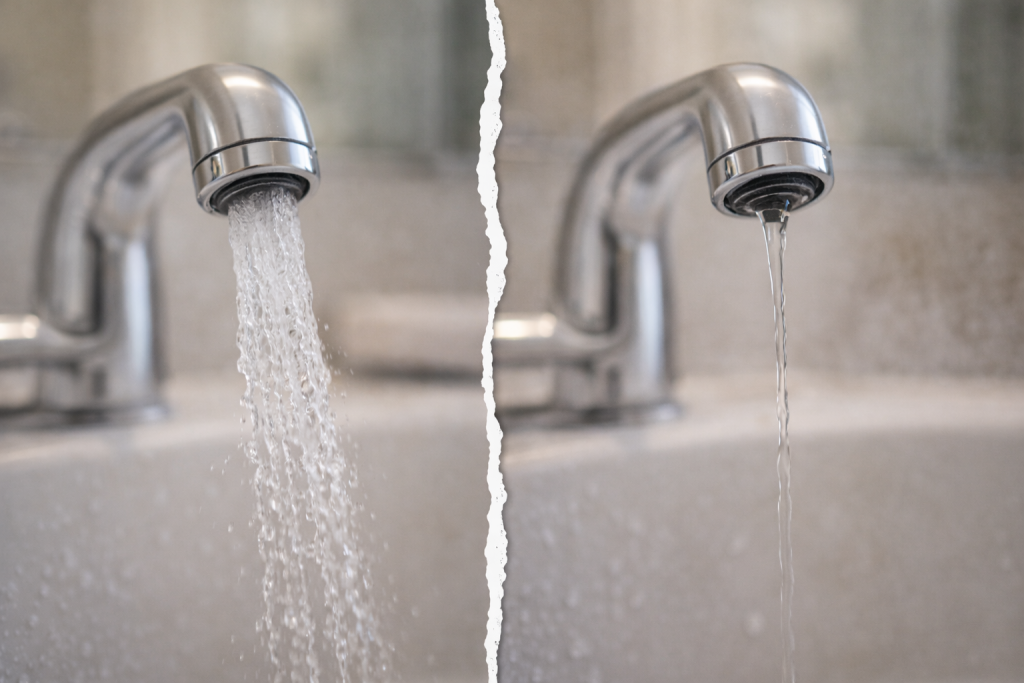When it comes to choosing a water heater for your home, you’re faced with an important decision: tankless vs tank water heater. This choice has a significant impact on your energy consumption, utility bills, and overall comfort. Whether you’re a homeowner in Los Angeles or a property manager in San Bernardino County, understanding the differences between these two types of water heaters is crucial for making an informed decision.
In this comprehensive comparison, we’ll explore the key aspects of tankless and tank water heaters. You’ll learn about their energy efficiency, installation costs, and performance. We’ll also look at how heat exchangers and heat pump water heaters fit into the picture. By the end of this article, you’ll have a clear understanding of the tankless vs tank water heater cost and energy savings potential, helping you choose the best option for your specific needs.
Energy Efficiency Comparison
When comparing tankless vs tank water heaters, energy efficiency is a crucial factor to consider. Both types have their strengths and weaknesses in this area, which can significantly impact your utility bills and environmental footprint.
Tankless Water Heater Efficiency
Tankless water heaters are known for their high energy efficiency. These on-demand systems heat water only when you need it, eliminating standby energy losses associated with storage tanks. According to Consumer Reports tests, tankless water heaters were found to be 22 percent more energy efficient on average than gas-fired storage-tank models [1].
The U.S. Department of Energy reports that for homes using 41 gallons or less of hot water daily, tankless water heaters can be 24% to 34% more energy efficient than conventional storage tank water heaters [2]. Even for households with higher hot water demands (around 86 gallons per day), tankless models still offer an 8% to 14% increase in energy efficiency [2].
Tank Water Heater Efficiency
While tank water heaters are generally less efficient than their tankless counterparts, they’ve made significant improvements in recent years. The efficiency of tank water heaters is measured by the Uniform Energy Factor (UEF), with most models ranging between 0.55 and 0.93 UEF .
Gas-fired tank water heaters typically have efficiencies ranging from approximately 0.54 UEF to 0.72 UEF . Electric tank water heaters, on the other hand, boast higher UEF ratings, usually between 0.91 and 0.93 . However, it’s important to note that while electric tanks have high UEF ratings, their recovery rates and first-hour ratings are generally lower than gas models.
Long-term Energy Savings
When considering the tankless vs tank water heater cost over time, tankless models often come out ahead due to their energy savings. The initial price of a tankless water heater is higher, but the long-term savings can be substantial. For example, the average four-person U.S. household can save about USD 550.00 a year on electricity bills by switching to a heat pump water heater, which translates to more than USD 5600.00 over the life of the appliance .
Installation and Upfront Costs
When considering a tankless vs tank water heater, installation and upfront costs play a significant role in the decision-making process. Let’s explore the key factors for both options.
Tankless Installation Considerations
Installing a tankless water heater is generally more complex and costly than a traditional tank system. The process often requires modifications to accommodate the unit’s specific needs. For example, you might need to upgrade your home’s electrical system or gas lines to handle the increased power demand [1]. Tankless water heaters typically require a 3/4-inch gas line to provide sufficient gas flow [2].
Additionally, tankless units have unique ventilation requirements. They need either a power-vent system, which uses indoor air for combustion and vents exhaust outside, or a direct-vent system, which pulls air from outside and requires both intake and exhaust vents . These ventilation modifications can add to the overall installation cost.
Tank Installation Process
Installing a tank water heater is usually more straightforward and less expensive. The process typically involves connecting the unit to existing water supply and energy sources . Many homes are already set up for tank water heaters, making the installation a simpler swap-out procedure.
However, it’s important to note that tank water heaters have changed to meet tighter energy standards. This might require some modifications to your existing setup, potentially increasing installation costs [3].
Cost Comparison
The cost difference between tankless and tank water heaters is substantial. Tankless water heater installation costs range from USD 1,171 to USD 3,331, with an average cost of USD 2,216 [4]. In contrast, installing a tank water heater typically costs between USD 650 and USD 2,500, depending on the tank size [5].
While the upfront costs for tankless water heaters are higher, it’s essential to consider the long-term energy savings and performance benefits when making your decision. Tankless water heaters offer energy efficiency and endless hot water supply, which might justify the higher initial investment for some homeowners.
Hot Water Supply and Performance
When comparing tankless vs tank water heaters, it’s crucial to consider their hot water supply and performance. Let’s explore how these two types of water heaters stack up in different scenarios.
Tankless On-Demand Hot Water
Tankless water heaters, also known as on-demand water heaters, provide hot water only when needed. They heat water instantaneously as it flows through a heat exchanger, delivering a constant supply of hot water without the need for a storage tank [1]. This means you don’t have to wait for a tank to fill up with enough hot water.
However, tankless water heaters have limitations on their output. Typically, they provide hot water at a rate of 2–5 gallons per minute, with gas-fired models producing higher flow rates than electric ones [1]. This flow rate can be a constraint in high-demand situations.
Tank Storage Capacity
Tank water heaters, on the other hand, store a large volume of preheated water, ready for use. A 50-gallon, 50,000 BTU gas-fired tank water heater can deliver up to 80 gallons of hot water in the first hour [2]. This high initial output makes tank water heaters well-suited for households with simultaneous hot water demands.
Performance in High-Demand Situations
In high-demand scenarios, tankless water heaters may struggle to keep up. For example, taking a shower and running the dishwasher simultaneously can stretch a tankless water heater to its limit [1]. To overcome this, you might need to install multiple tankless units or separate heaters for appliances that use a lot of hot water.
Tank water heaters generally perform better in high-demand situations due to their stored hot water. However, once the tank is depleted, it takes time to reheat the entire volume, which can lead to periods without hot water.
When choosing between tankless vs tank water heaters, consider your household’s hot water usage patterns and peak demand. While tankless models offer energy efficiency and endless hot water supply, tank water heaters might be more suitable for homes with high simultaneous hot water needs.
Conclusion
The choice between tankless and tank water heaters has a significant impact on energy consumption, utility bills, and overall comfort for homeowners and property managers in Los Angeles and San Bernardino Counties. Tankless models offer higher energy efficiency and endless hot water supply, which can lead to substantial long-term savings. On the other hand, tank water heaters provide better performance in high-demand situations and generally have lower upfront costs, making them a practical choice for many households.
Ultimately, the decision depends on individual needs, budget constraints, and hot water usage patterns. For residential homeowners dealing with common plumbing issues, tankless water heaters might be an excellent investment to improve energy efficiency and convenience. Commercial property managers, multi-unit HOAs, and apartment complexes may find tank water heaters more suitable for their high-demand needs. To get expert advice tailored to your specific situation, contact Western Rooter today for a free estimate! ## FAQs
1. Which is preferable, a tank or tankless water heater?
If you prioritize a straightforward installation and minimal upkeep, a tank water heater may be more suitable. However, for those interested in long-term energy savings and a longer-lasting solution, a tankless water heater could be a better choice.
2. Is it beneficial to replace a tank water heater with a tankless model?
Switching to a tankless water heater can be advantageous, particularly for energy conservation. Tankless models are 24 to 34 percent more energy-efficient for households using up to 41 gallons of hot water daily, offering significant energy savings over traditional tank heaters.
3. What are the disadvantages of tankless water heaters?
The primary drawback of tankless water heaters is their high initial cost. Although they have lower operational costs and a longer lifespan which can offset the upfront expense, it takes time to realize the financial savings. Additionally, they may have a limited hot water supply for simultaneous uses.
4. Which type of water heater has a longer lifespan, tankless or tank?
Tankless water heaters generally have a longer lifespan, lasting up to 20 years with minimal maintenance required, compared to tank water heaters, which typically last 10-12 years and come with shorter warranty periods. ## References [1] – https://www.petro.com/resource-center/tankless-hot-water-heaters-vs-tank-storage-water-heaters
[2] – https://www.thespruce.com/tankless-vs-tank-water-heater-8585026
[3] – https://jacobsheating.com/blog/tank-vs-tankless-water-heater/
[4] – https://www.consumerreports.org/appliances/water-heaters/tankless-water-heaters-vs-storage-tank-water-heaters-a5291982593/
[5] – https://www.forbes.com/home-improvement/plumbing/tankless-water-heater-vs-tank/


